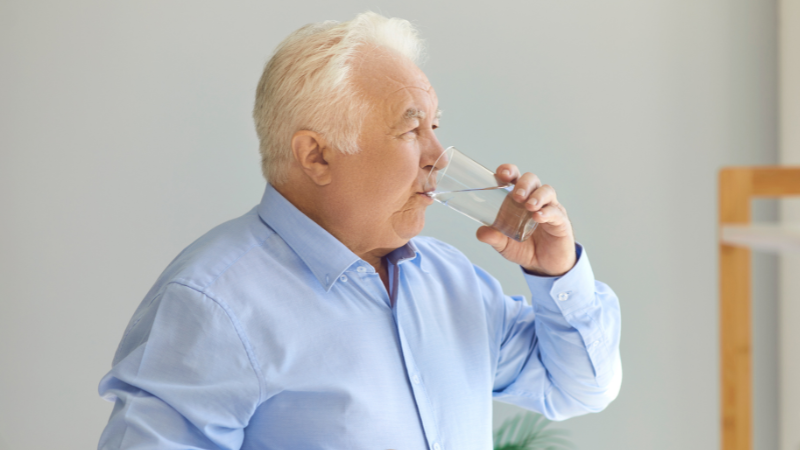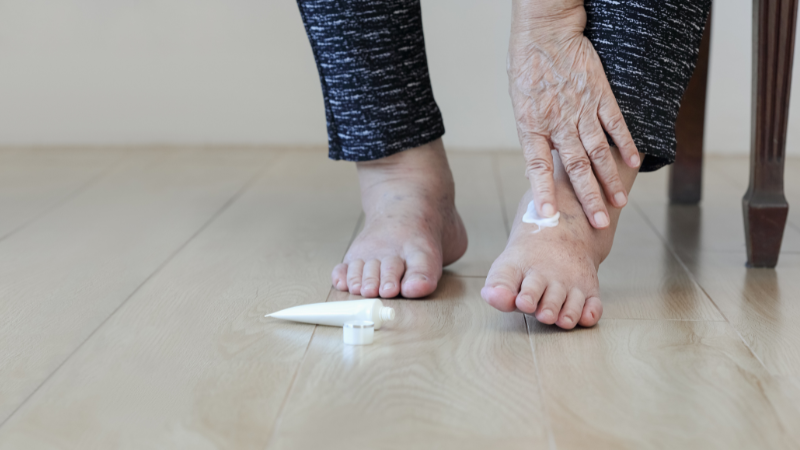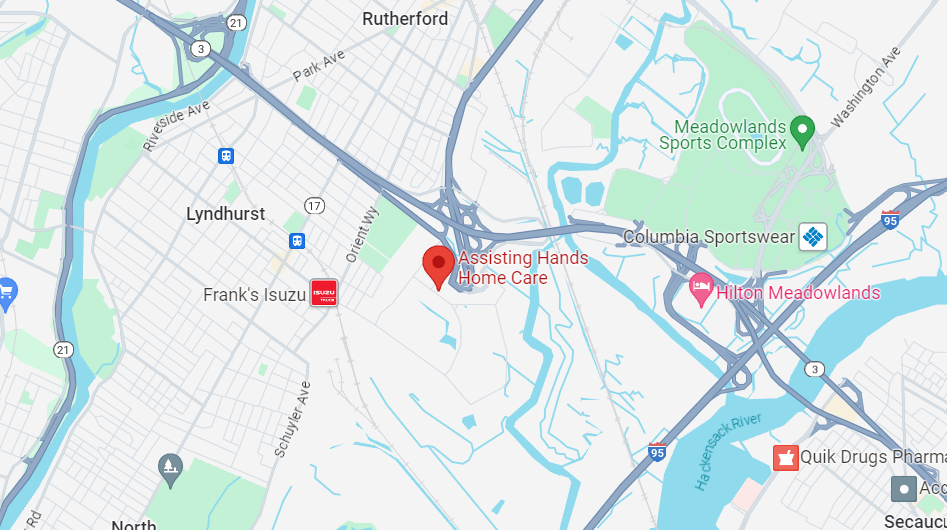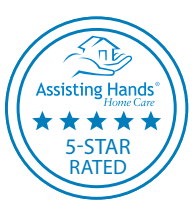Introduction
Strep throat, caused by Group A Streptococcus bacteria, can impact individuals of all ages, including the elderly. In this comprehensive guide, we’ll dive into the age limit for strep throat, explore the symptoms of Strep A in the elderly, discuss when to be concerned about strep throat in adults, and provide detailed insights on how to alleviate phlegm in the throat for elderly individuals. This in-depth exploration aims to help readers with a thorough understanding of strep throat and empower them to make informed decisions regarding their health.

What is the Age Limit for Strep Throat?
Strep throat, traditionally viewed as a childhood ailment, defies a strict age limit, affecting individuals across the lifespan, including the elderly. This section will embark on an extensive exploration of the age dynamics associated with strep throat. To comprehend the prevalence of strep throat among different age groups, it is crucial to dispel the myth that it exclusively targets children. A comprehensive examination reveals that the elderly are equally susceptible, challenging preconceived notions. While the infection might manifest more frequently in younger populations, the risk persists throughout life.
As we age, the immune system undergoes intricate changes, influencing its ability to combat infections. This section will focus on the physiological transformations within the immune system, emphasizing how these alterations render older individuals more vulnerable to infections like strep throat. Factors such as a weakened immune response and the presence of comorbidities play pivotal roles in shaping the susceptibility profile of the elderly. Lifestyle choices and health conditions further contribute to the incidence of strep throat in older age. By understanding the intricate interplay of age-related immune changes, lifestyle factors, and health conditions, individuals, especially the elderly and their caregivers, can proactively engage in preventive measures and seek timely medical attention when needed.
Symptoms of Strep A in the Elderly:
Recognizing the symptoms of Strep A in the elderly is critical for timely diagnosis and effective treatment. In this comprehensive exploration, let us understand the intricacies of how symptoms manifest differently in older individuals, often presenting with more severe complications. Age-related physiological changes significantly impact the symptomatology of strep throat in the elderly. While common symptoms such as sore throat, difficulty swallowing, fever, and swollen lymph nodes may still be present, older individuals may experience these symptoms more intensely.
Healthcare providers often face challenges when distinguishing strep throat symptoms in older individuals due to the overlap with other conditions common in this age group. We will explore these diagnostic challenges, emphasizing the importance of thorough medical evaluation to ensure accurate identification of strep throat and proper differentiation from other respiratory infections or age-related health issues. Common Symptoms in the Elderly:
Sudden Onset of Fever:
- One of the initial signs of Strep A infection is a sudden and unexplained fever. In the elderly, it’s crucial not to dismiss a fever as a routine ailment, as it could be an indication of a more serious underlying issue.
Severe Sore Throat:
- While a sore throat is a classic symptom of strep infection, it can be more severe in the elderly. The discomfort may extend beyond a typical sore throat, making swallowing difficult and impacting overall well-being.

Fatigue and Weakness:
- Strep A can induce a profound sense of fatigue and weakness in the elderly. This can be attributed to the body’s immune response and the energy expended in fighting the infection.
Confusion or Altered Mental State:
- In some cases, Strep A can affect cognitive functions in the elderly, leading to confusion or altered mental states. This symptom should never be ignored, as it could signal a more severe systemic infection.
Skin Infections:
- Strep A can manifest as skin infections, such as cellulitis or impetigo. Elderly individuals with weakened immune systems are particularly susceptible, and any unexplained skin changes should be promptly evaluated.
Difficulty Breathing:
- In severe cases, Strep A can lead to respiratory distress, causing difficulty breathing. This situation is a medical emergency and needs urgent attention.
Immune response in older individuals may not be as robust, making timely intervention crucial to prevent the progression of the infection. Exploring potential complications such as the development of rheumatic fever or kidney inflammation will underscore the urgency of addressing strep throat in the elderly promptly.
When Should I be Concerned About Strep Throat in Adults?

Understanding when to be concerned about strep throat in adults, especially the elderly, is paramount for preventing potential complications. Strep throat in adults, if left untreated, can lead to severe complications such as rheumatic fever or kidney inflammation. This section will meticulously explore these potential complications, emphasizing the importance of recognizing signs that should trigger concern. High fever, severe throat pain, difficulty breathing, and the presence of underlying health conditions that may compromise the immune system are critical indicators that require immediate attention.
When to Raise Concerns: While strep throat often resolves on its own, there are situations where heightened concern and immediate medical attention are necessary:
- Persistent or Worsening Symptoms: If symptoms persist or worsen after a few days, professional medical advice is crucial as strep throat symptoms typically escalate.
- Severe Pain or Difficulty Swallowing: Unbearable pain or increasing difficulty swallowing may signal complications or a severe infection.
- Appearance of Rash: Strep throat can sometimes be accompanied by scarlet fever, characterized by a distinctive red rash resembling sandpaper. In the event of such an occurrence, it is imperative to promptly seek professional medical attention.
- Breathing Difficulties: Difficulty breathing, shortness of breath, or a persistent cough may indicate complications like a tonsillar abscess or pneumonia.
- Frequent Recurrence: Multiple occurrences of strep throat within a short span may suggest chronic or recurring infection, necessitating further investigation.
- Treatment and Preventive Measures: Prompt medical consultation is vital for a proper diagnosis and timely treatment. Antibiotics are commonly prescribed to manage strep throat and prevent complications. Completing the entire antibiotic course is essential. To prevent strep throat spread, practice good hygiene, including regular handwashing, avoiding close contact with infected individuals, and maintaining a clean environment
How to Get Rid of Phlegm in the Throat for the Elderly:

Phlegm in the throat can be particularly discomforting, especially for the elderly dealing with strep throat. In this section, we will review strategies tailored to alleviate phlegm, offering a holistic approach for enhanced comfort and a smoother recovery.
- Stay Hydrated: A fundamental aspect of managing throat phlegm is maintaining optimal hydration. Adequate fluid intake helps to thin mucus, making it easier to clear. Encourage the elderly individual to consume a variety of fluids, including water, herbal teas, and clear broths throughout the day.
- Warm Saltwater Gargle: One effective and time-tested remedy is a warm saltwater gargle. This simple yet powerful solution can soothe the throat, reduce inflammation, and help break down phlegm. Instruct the elderly individual to mix a teaspoon of salt into a glass of warm water and gargle several times a day.
- Use a Humidifier: Adding moisture to the air with a humidifier can provide relief from throat irritation and help reduce phlegm. Particularly beneficial during the night, placing a humidifier in the bedroom creates a more comfortable and humid environment, aiding in respiratory health.
- Over-the-Counter Remedies: While always consulting with a healthcare provider before using any over-the-counter medications, certain remedies may offer relief. Throat lozenges or cough syrups with soothing ingredients can provide temporary comfort. It’s crucial to ensure compatibility with existing medications and any underlying health conditions.
- Warm Tea with Honey: Warm herbal teas, especially those with honey, can be soothing for the throat. Honey’s natural antibacterial properties can contribute to throat health. Moderation is key, and honey can be added to teas or consumed directly.
- Steam Inhalation: Inhaling steam can help moisten the throat, loosen mucus, and alleviate discomfort. Boil water, allow it to cool slightly, and have the elderly individual inhale the steam while covering their head with a towel. This remedy can be applied more than once in a day.
- Elevate Head During Sleep: Elevating the head during sleep can prevent mucus from pooling in the throat, reducing discomfort. Using an extra pillow or an adjustable bed can promote better airflow and contribute to a more restful sleep.
- Gentle Throat Massage: A gentle massage of the throat area can help relieve tension and promote the drainage of excess mucus. Using circular motions with light pressure, caregivers can provide comfort and support during the recovery process.
This comprehensive approach to managing throat phlegm for the elderly integrates both traditional and evidence-based strategies. By tailoring these methods to individual preferences and health conditions, caregivers can enhance the overall well-being of the elderly person dealing with strep throat.
Conclusion
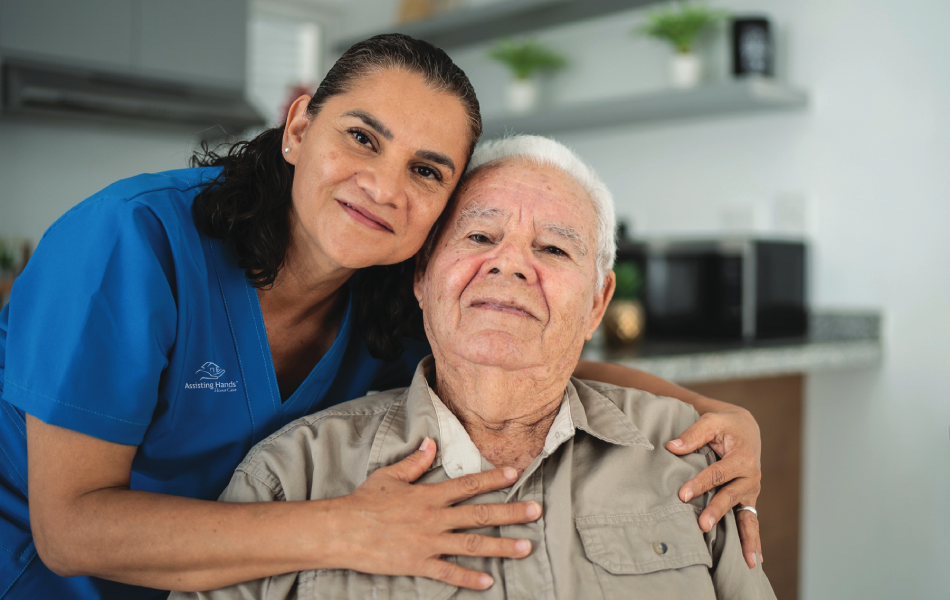
Strep throat is a bacterial infection that can affect individuals of all ages, including the elderly. Recognizing the risks, understanding the symptoms, and knowing when to seek medical attention are crucial elements in effectively managing strep throat in older adults. This comprehensive guide has explored the age limit for strep throat, highlighted the symptoms in the elderly, discussed when concern should be raised in adults, and provided detailed insights on managing phlegm in the throat for elderly individuals.
It’s important to emphasize that individualized care and professional medical guidance are paramount. Elderly individuals, due to potential complexities in their health, should consult healthcare providers promptly for accurate diagnosis and tailored treatment plans. By staying informed and proactive, both individuals and their caregivers can contribute to the effective management of strep throat, promoting a quicker recovery and reducing the risk of complications associated with this bacterial infection.
Our caregivers at Assisting Hands Home Care are ready to provide elderly home care for seniors who are aging in place. You can reach us at (551) 239-8651 to set up a free in-home assessment for our senior home care services.

Abhi Mitra founded Assisting Hands Hudson County after recognizing the significant value of personalized and excellent care through family experience, specifically in caring for his grandmother. His expertise in program management, along with a genuine desire to make a positive difference in people’s lives, motivates him to provide the same level of care that his grandmother received. He obtained an MS degree from Pace University, New York, and a Certificate of Executive Healthcare leadership from Cornell University, Ithaka, NY. Abhi efficiently manages tasks with kindness and intelligence, ensuring everyone feels comfortable and welcome. He excels in problem-solving and puzzles while maintaining smooth operations at the agency and ensuring everyone receives high-quality individualized care. His dedication to his work and compassionate nature greatly improves the quality of life for the seniors under his care, providing them with a comfortable and joyful environment. Abhi ensures the highest possible quality, providing reassurance to everyone. His dedication and caring nature contribute to creating a comfortable and joyful environment for those he assists. He enjoys biking, taking walks, and watching cricket with his family and friends.

